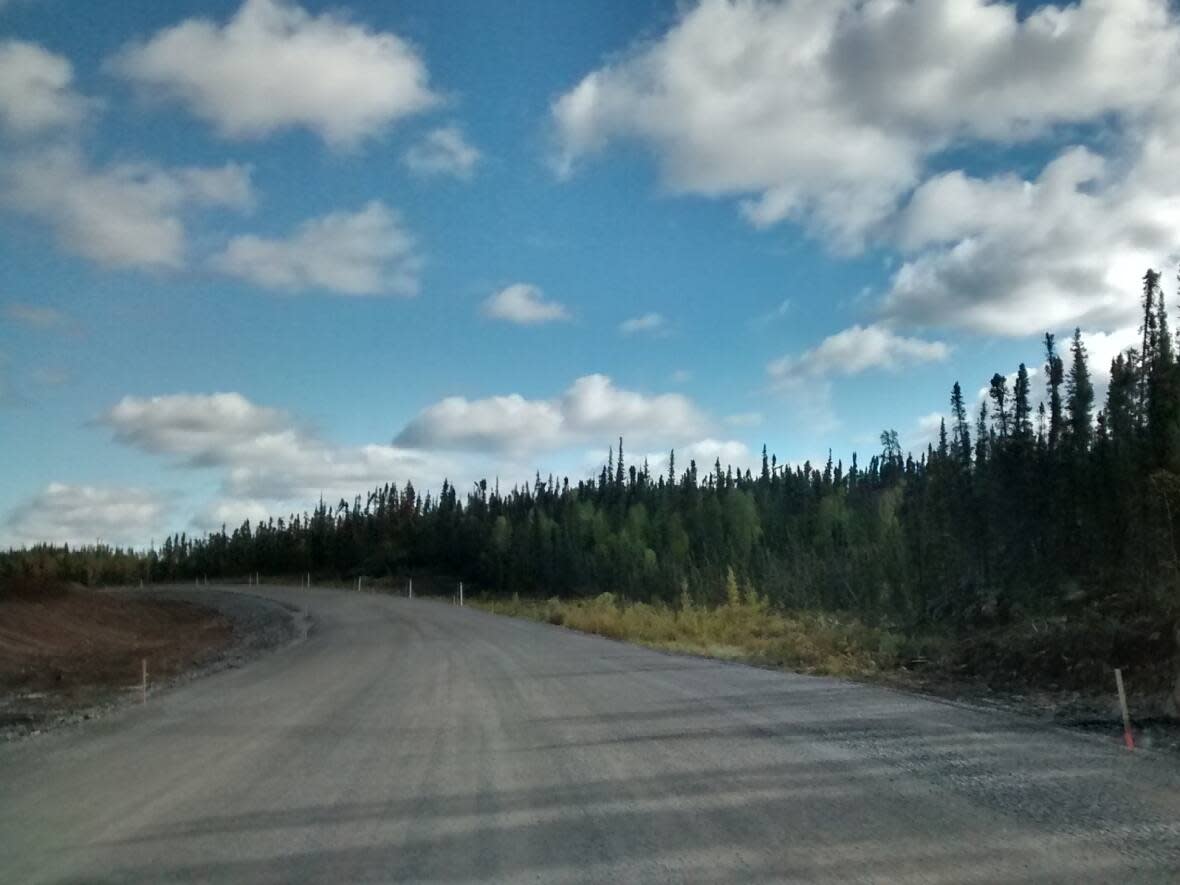Lithium exploration near Yellowknife could begin next year

Lithium exploration near two Yellowknife-area lakes popular with hikers and paddlers could begin in 2023.
On Nov. 23, Vancouver-based Li-FT Power Ltd. announced it had amalgamated with 1361516 B.C. Ltd. to acquire the Yellowknife Lithium Project. The project comprises 13 mineral leases, including properties near Hidden Lake and Bighill Lake.
Li-FT Power's CEO, Francis MacDonald, says the company aims to begin drilling as soon as it gets its permits and water license, carries out community engagement, and hires drill contractors.
"This could be one of the larger hard rock lithium deposits in North America," but in the last 35 years, no one has done exploration in the area, said MacDonald.
"We all know that lithium is a good commodity to be in right now and the world needs more lithium, so we have to go out and find it."
According to a project proposal on the Mackenzie Valley Land and Water Board's website, the Yellowknife Lithium Project is held by EREX International Ltd.
MacDonald said EREX was acquired by the B.C. numbered company earlier this year, and there were "some common shareholders" between the numbered company and Li-FT Power. He said the numbered company approached Li-FT Power and they decided to amalgamate.
Li-FT Power is using the same project proposal and timeline put out by EREX, said MacDonald.
EREX did not respond to CBC's request for an interview.
Li-FT Power is a Vancouver-based exploration company that's less than two years old.
According to the EREX project proposal, the company could begin work on leases near Hidden Lake and Bighill Lake as early as February 2023, and continue exploration into October.
However, because the project changed hands before all the necessary authorizations were in place, Li-FT Power may need to go through some extra steps with the Mackenzie Valley Land and Water Board (MVLWB), said executive director Shelagh Montgomery.
This could delay the process.
Montgomery said Li-FT power probably won't have to start at square one, but it might need to make an assignment application.
The Yellowknife Lithium Project proposal says that beyond drilling, exploration work would involve fuel storage, the use of helicopters and float planes, and the construction of temporary camps and access roads.
It would also entail "engagement with all affected parties" so they can "fully consider the project and provide their consent to the proposed activities if they are acceptable."
The Hidden Lake leases are outside the boundaries of Hidden Lake Territorial Park.
Whether people using the project area would notice exploration activities depends on how close they get to drilling operations, said MacDonald.
He said they could hear noise if they have a clear line of sight or are within 500 metres of a drill rig.
The project proposal says Indigenous groups use parts of the project area for hunting, gathering and trapping, so the company retained Bison Historical Services Ltd. to conduct an "archaeological overview study of the historical resources within and around the lease areas."
Electric vehicles drive up demand for lithium
The price of lithium shot up over the last year.
MacDonald said that's largely because of demand for lithium-ion batteries, which power electric vehicles.
"A lot of people are projecting that demand to keep growing, and so the lithium production has to keep up with it," he said.
"There's a big scramble going on looking for lithium that we can get into production quickly."
The Yellowknife Lithium Project proposal says that if exploration work is successful, the company would study the feasibility of extracting lithium minerals from the pegmatite rock and building a lithium mine.
But MacDonald said the first step is to drill and to get a better sense of what's in the ground.
The territorial department of Industry, Tourism and Investment (ITI) says demand is growing quickly for lithium — "the wonder metal powering electric vehicles, smart phones and space exploration" — and that the Yellowknife area has high potential for becoming a source for it.
An ITI spokesperson said that exploration work comes with potential benefits for Northwest Territories workers and contractors.
"Helicopters, equipment, camps and supplies — you name it. If exploration companies need it, they buy it — and N.W.T. residents can usually supply it," said Drew Williams.
MacDonald said his company will be "looking to hire locally as much as possible."


